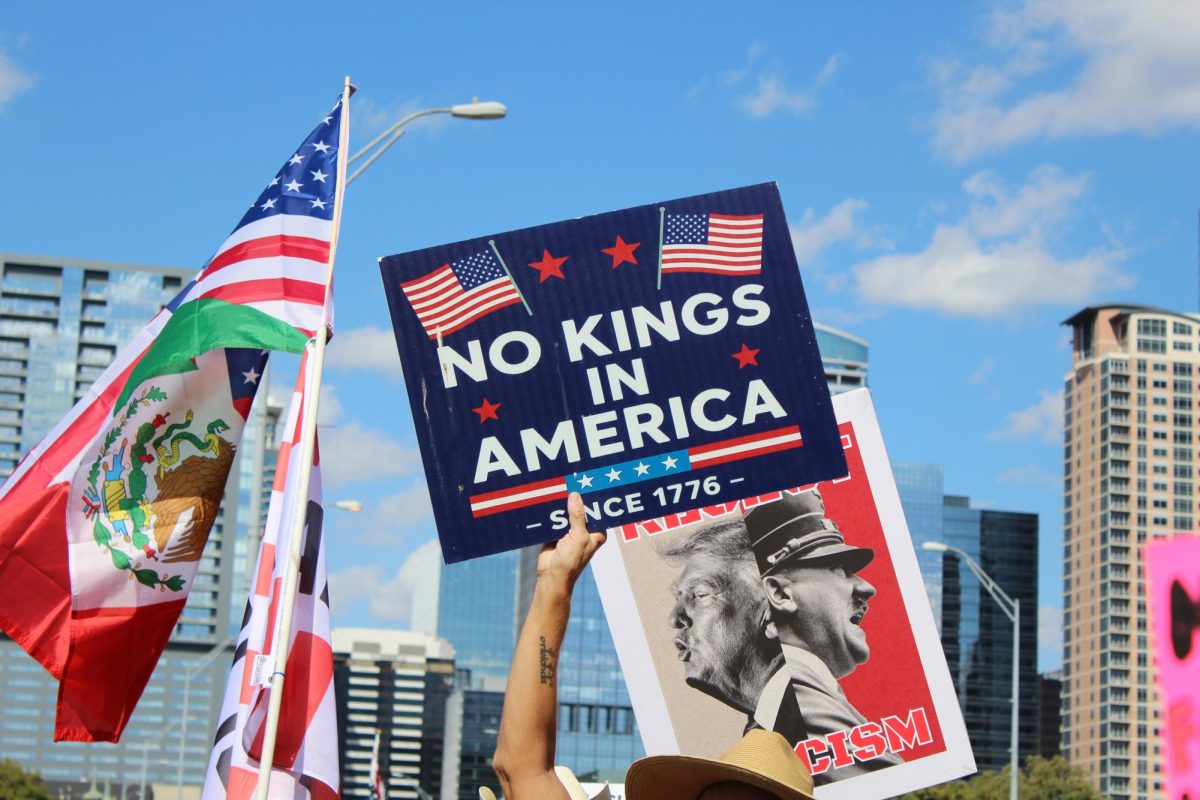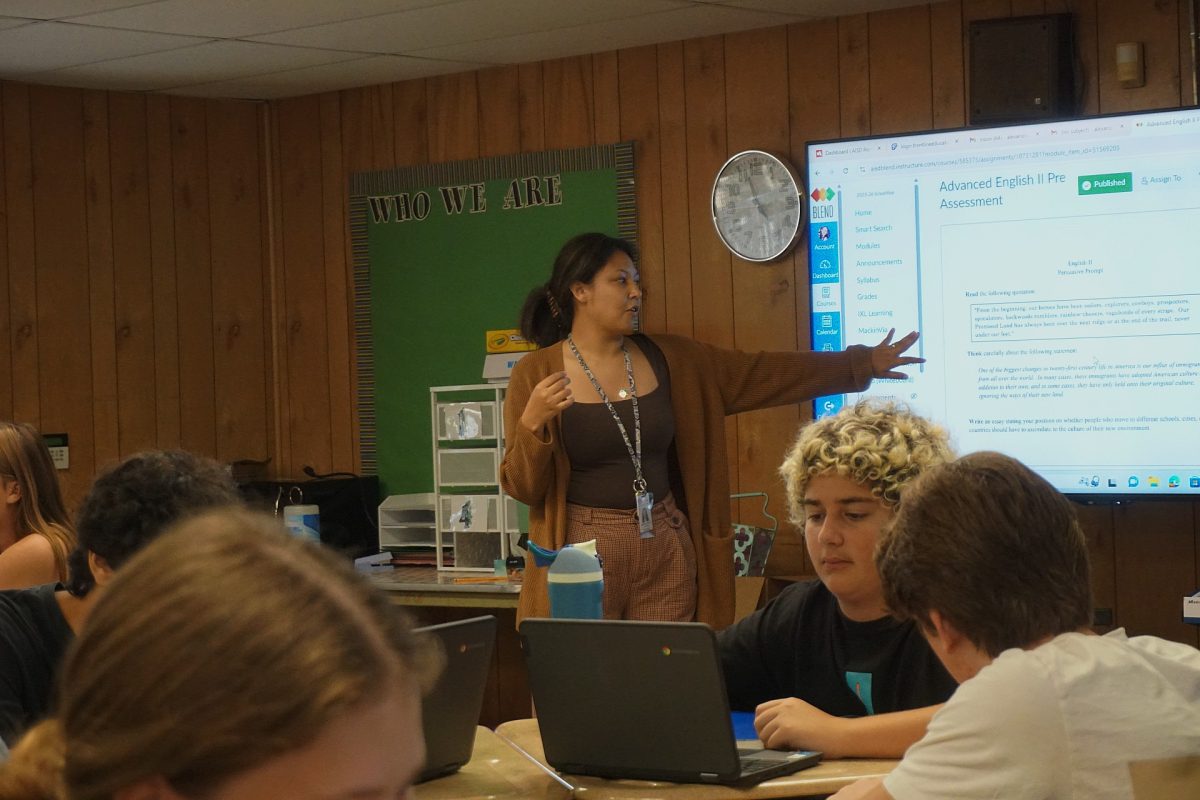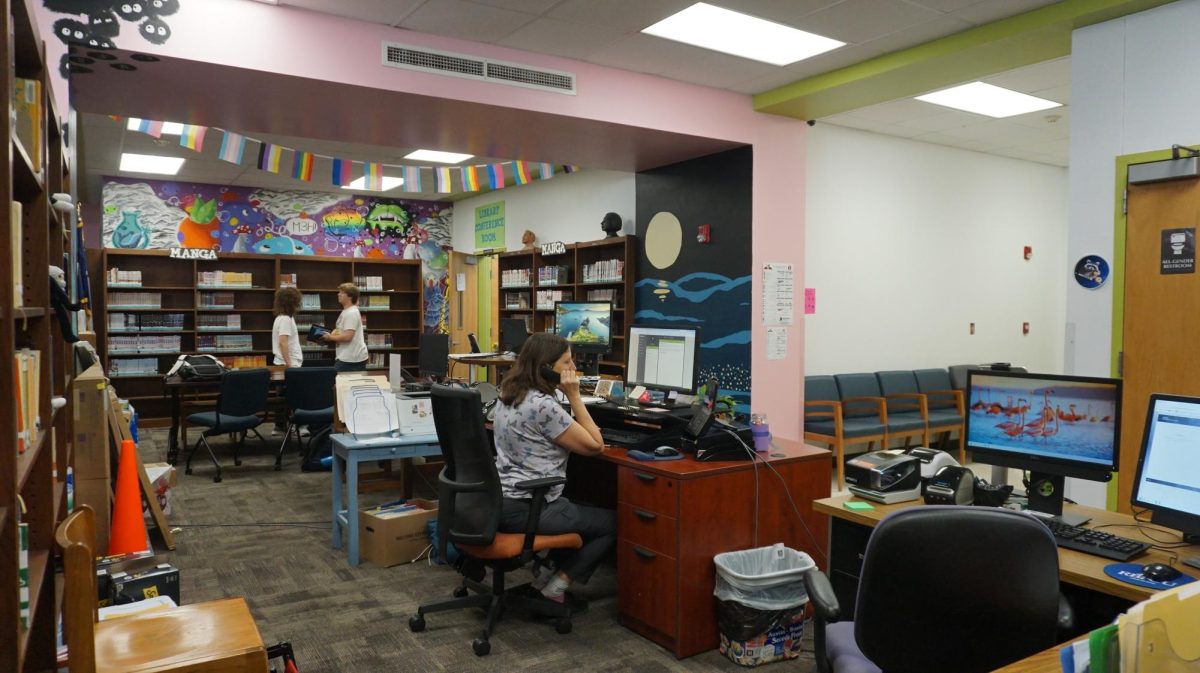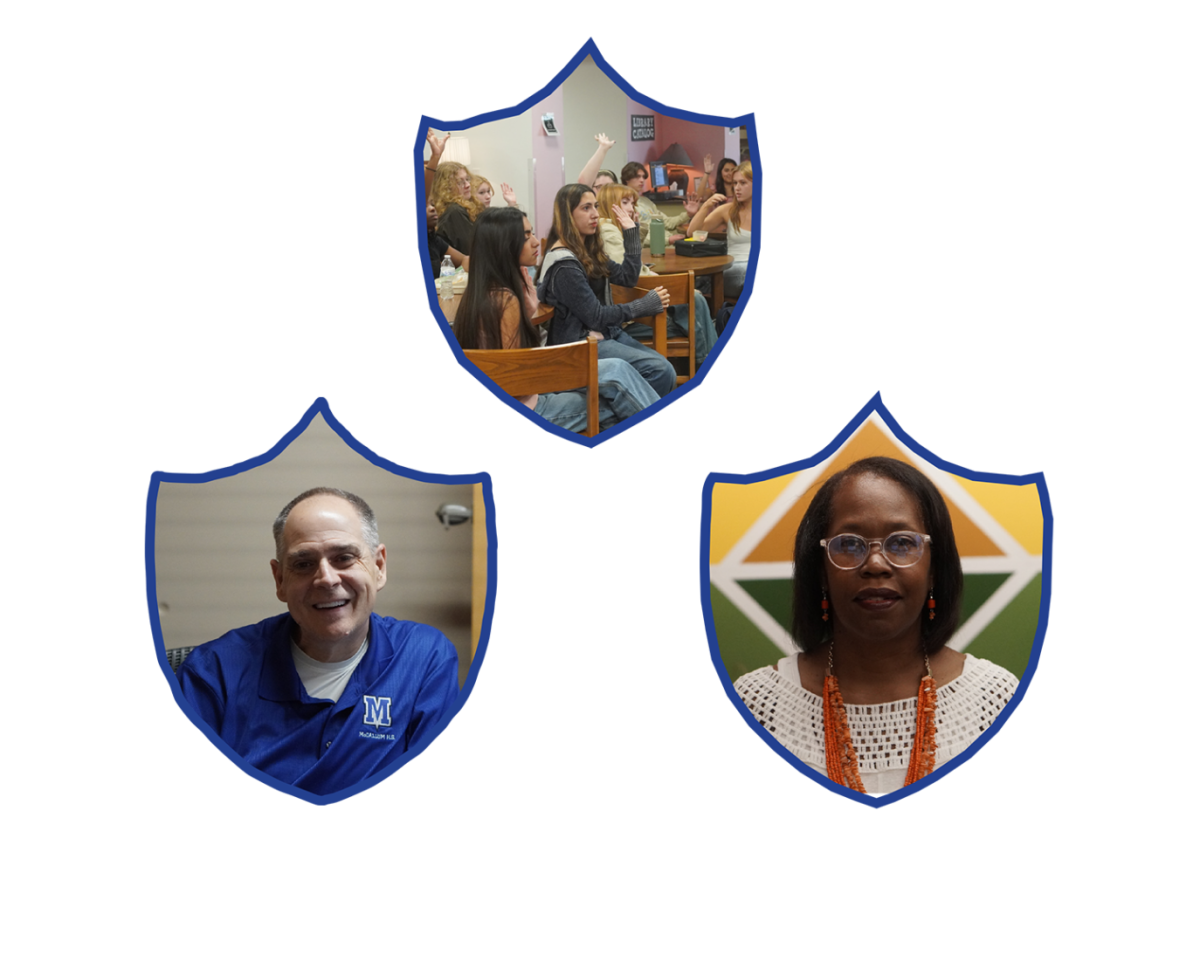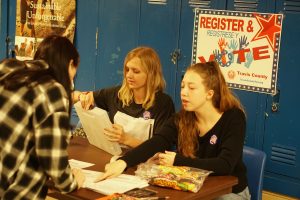
Most students have been exposed to the system of American elections since they were children. Their parents and grandparents went to vote, and the news reports about local and nationwide elections every year.
Some MAC seniors aren’t aren’t just observing the electoral process; for the first time on Tuesday Nov. 7, they voted, turning their opinions into a concrete action that helped determined the outcome of an election.
One of these seniors who voted for the fist time, senior Vivien Blumofe, described the feeling of making her opinion count at the polls.
“This was the first time I felt like I was a real adult and like a citizen,” Blumofe said. “My opinion mattered.”
One of the issues on the Nov. 7 ballot was the AISD $1.05 billion bond.
“As somebody who was directly affected by AISD, it meant a lot for me to be able to vote on something I’m actively taking a part in,” Blumofe said.
Another McCallum senior able to vote, Sarah Kay Stephens, joked that it was all about the badge of honor she earned by voting.
“[I’m] mostly excited about getting my sticker, because they are pretty awesome,” Stephens said. “Honestly, I felt very patriotic and [that I was] serving my country, even though I’m just pressing buttons. It definitely felt for the first time like I was recognized by the government.”
Stephens and other 18-year-old seniors who were able to vote for the first time said that they felt that they were finally able to really express their feelings to their government.
“I think that it’s important for all ages who are eligible to vote to voice their opinion in their communities because we all have to live here every day,” Stephens said. “We need to represent the youth of the population to the best of our ability. It just makes you feel like you’re doing something and are a part of something bigger than [just] you.”
Stephens said that the issues she personally cares most about are about the environment and climate change.
“We are moving towards a time where we need to be more invested in non-renewable energy and a whole bunch of [planetary issues], like solving gas crises and how to respond to natural disasters, so I’m kind of curious how we will respond to funding in the future,” Stephens said,
While some people were excited and ready to get their opinion across in the election, some McCallum students decided not to vote in this year’s election. One of these students, Henry Duaine, decided not to vote because he felt uninformed about the issues on the ballot.
“It is [helpful to be able to voice your opinion], but you should be properly educated on what you’re voting for,” Duaine said. “Thoroughly investigate both sides of what you’re voting for, like the repercussions of if you’re voting in legislature, and become well versed in what it’s affecting and the people pushing for it to get through.”
Many teachers at McCallum also exercised their right to vote. Erin Summerville, a World History and AP U.S. Government teacher, encouraged seniors to do their civic duty.
“In social studies classes we talk about issues where often what’s revealed is problems in our society,” Summerville said. “There’s things that we could fix now before they become even bigger problems. If [students] don’t have a tool for addressing them, they could feel a lot of despair. So those who could vote, they have a chance to actually put pressure on the government and pressure on real change.”
Summerville says that she tries to teach her students not to get distracted by petty party divisions or unimportant political squabbles.
“I would encourage them to focus on real issues that’ll affect them like the ability to re-finance college debt or plan for social security,” Summerville said. “These are things that might not be as exciting as some of the issues that are at the forefront right now, but I would encourage them to think about real policy and not be distracted by sort of culture wars and political debate.”
Blumofe urges her fellow students to go vote in the next election they are eligible for to stand up for their beliefs.
“Please do vote; it is your civic responsibility,” she said. “If you don’t vote, it’s just saying that people with more extreme opinions then you count more than you do.”


